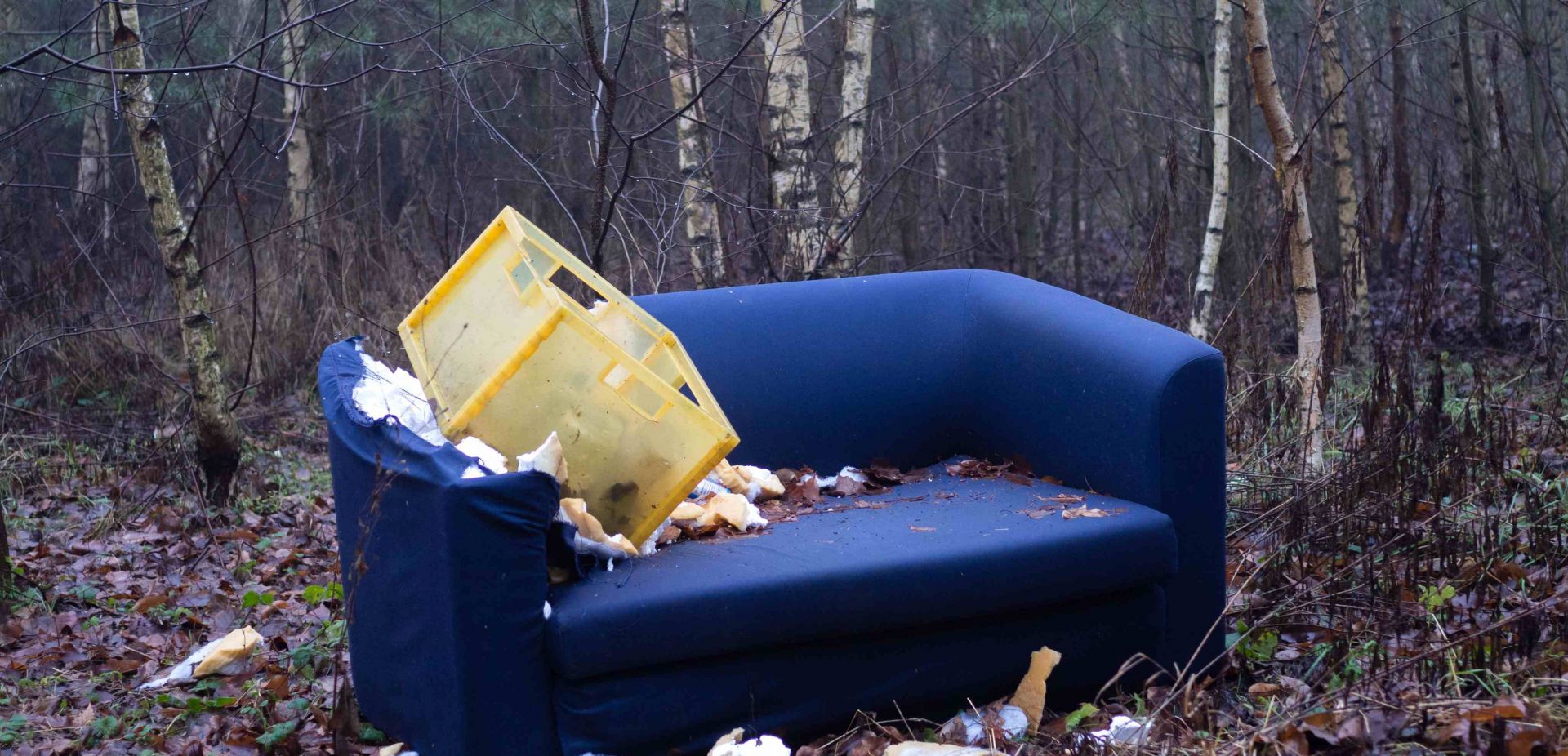With the arrival of spring, I am taken aback by the demon of cleanliness. Like every year I spend a few days going through cupboards and drawers, selecting, throwing away, then going wild with the mop, repairing wall cavities, cleaning. I'm not alone in this. What drives us?
Well, the big clean-up after winter is an atavistic need. In every culture, Primavera (spelled with a capital or small letter) awakens from its winter slumber and prompts action. Both nature and people. Therefore, a thorough clearing out of the farmyard was treated (and in some communities the present tense must be used) in a similar way to the drowning or burning of Madder (again spelled with a capital or small letter, depending on whether it is a goddess or a dummy): as an act of rebirth. To make room for new life, a sacrifice must be made. Once - a mortal one. A cruel solution, but considered necessary.
But civilised people feel resistance to such barbarism. Replacement forms have long since been found. For example, in the form of symbolic rituals, which have become the foundation of art.
 SIGN UP TO OUR PAGE
SIGN UP TO OUR PAGE

By the way: the anniversary of the premiere of "The Rite of Spring" with music by Igor Stravinsky and choreography by Václav Nijinsky is coming up. It was in Paris 110 years ago, on 29 May 1913 to be exact, and the event has gone down in history as one of the greatest musical and ballet scandals. Scholars believe that it was no coincidence that this performance preceded the first world conflict, the consequences of which are still being felt today. Spring always stimulates rebellious moods, and the great artists had a part in this dictated by instinct.
That war turned the political, geographical, social and moral order upside down. It could be said that Poland was among the beneficiaries of this four-year hurricane of history. As we know, the Compiègne truce did not at all mean peace on the Old Continent, much less guarantee our security or permanent borders. But that is another story altogether.

 SIGN UP TO OUR PAGE
SIGN UP TO OUR PAGE
 By the way: the anniversary of the premiere of "The Rite of Spring" with music by Igor Stravinsky and choreography by Václav Nijinsky is coming up. It was in Paris 110 years ago, on 29 May 1913 to be exact, and the event has gone down in history as one of the greatest musical and ballet scandals. Scholars believe that it was no coincidence that this performance preceded the first world conflict, the consequences of which are still being felt today. Spring always stimulates rebellious moods, and the great artists had a part in this dictated by instinct.
By the way: the anniversary of the premiere of "The Rite of Spring" with music by Igor Stravinsky and choreography by Václav Nijinsky is coming up. It was in Paris 110 years ago, on 29 May 1913 to be exact, and the event has gone down in history as one of the greatest musical and ballet scandals. Scholars believe that it was no coincidence that this performance preceded the first world conflict, the consequences of which are still being felt today. Spring always stimulates rebellious moods, and the great artists had a part in this dictated by instinct. 



